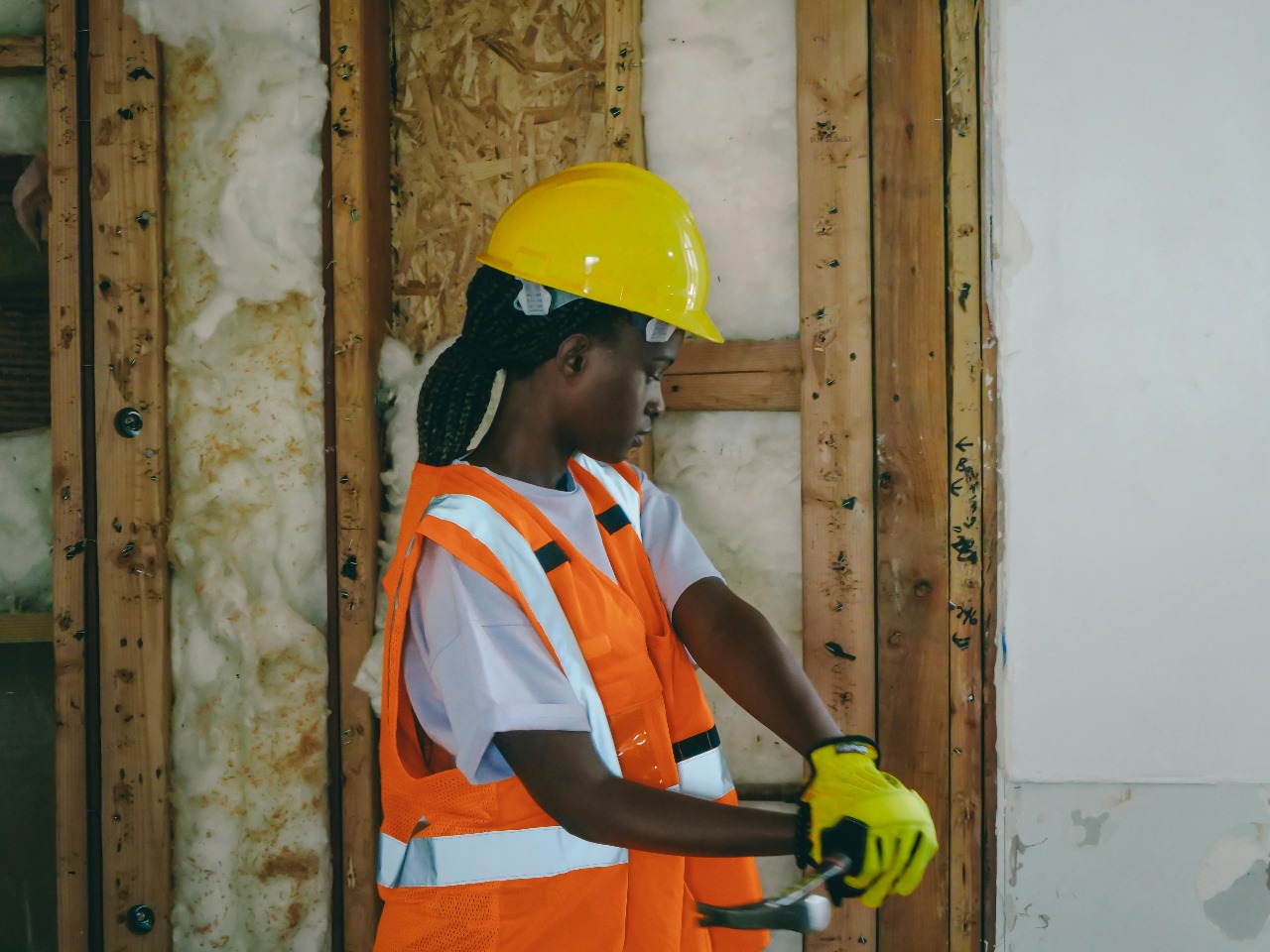Why Hawaii Trade Schools Are the Future of Workforce Development

In recent years, the landscape of workforce development has been shifting dramatically, with traditional four-year degrees no longer the only path to career success. Hawaii trade schools have emerged as a vital solution to address the evolving demands of industries across the islands. This article explores why hawaii trade schools are the future of workforce development, highlighting their importance in providing skilled labor, boosting local economies, and meeting the unique needs of Hawaii’s job market.
The Rising Importance of Hawaii Trade Schools
Meeting the Demand for Skilled Trades
Hawaii, like many other states, faces a significant shortage of skilled tradespeople. From construction and electrical work to plumbing and HVAC, the demand for qualified professionals is growing rapidly. Hawaii trade schools provide specialized training that equips students with hands-on skills directly applicable to these industries.
Faster Pathways to Employment
One of the major advantages of Hawaii trade schools is their focus on practical education and shorter program durations. Unlike traditional four-year colleges, many trade programs can be completed in one to two years. This accelerated timeline allows students to enter the workforce quickly and start contributing to the economy much sooner.
Affordability and Accessibility
Higher education costs continue to rise, often putting a four-year degree out of reach for many individuals. Hawaii trade schools offer a more affordable alternative without compromising quality. They also tend to have flexible scheduling options that accommodate working adults or those with family responsibilities, increasing accessibility for diverse populations.
How Hawaii Trade Schools Support Local Industries
Construction and Building Trades
The construction sector in Hawaii has seen steady growth, fueled by both residential and commercial developments. Hawaii trade schools provide essential training in carpentry, masonry, and other building trades that support this growth. Graduates are well-prepared to fill in-demand roles, ensuring projects are completed efficiently and safely.
Tourism and Hospitality Maintenance
Tourism is the backbone of Hawaii’s economy, and the hospitality industry requires a robust workforce to maintain its facilities. Trade schools offer programs in HVAC, electrical maintenance, and plumbing to keep hotels, resorts, and other tourist facilities running smoothly. This specialized workforce helps maintain Hawaii’s reputation as a premier travel destination.
Renewable Energy and Sustainability
Hawaii is committed to sustainable energy solutions and reducing its carbon footprint. Hawaii trade schools are increasingly incorporating renewable energy technologies, such as solar panel installation and energy-efficient systems, into their curricula. This prepares students to work in emerging green industries that are critical to Hawaii’s future.
Benefits of Choosing Hawaii Trade Schools for Workforce Development
Industry-Driven Curriculum
Hawaii trade schools collaborate closely with local employers and industry experts to develop curricula that align with current job market needs. This ensures students gain relevant skills and certifications, making them highly employable upon graduation.
Hands-On Training and Real-World Experience
Practical experience is a cornerstone of trade education. Hawaii trade schools emphasize hands-on learning through labs, workshops, and internships. Students develop the confidence and competence required to excel in their chosen trades.
High Job Placement Rates
Thanks to strong ties with local businesses and a focus on marketable skills, Hawaii trade schools often report impressive job placement rates. Graduates typically find employment quickly, helping to fill workforce gaps and stabilize local economies.
Challenges Facing Workforce Development in Hawaii
Geographic Isolation
Hawaii’s island geography can limit access to educational resources and job opportunities compared to mainland states. Hawaii trade schools help bridge this gap by providing locally accessible training that meets community needs.
Balancing Tradition and Innovation
While Hawaii values its cultural heritage, the state must also embrace new technologies and industries to remain competitive. Hawaii trade schools play a crucial role in balancing these priorities by integrating traditional skills with modern techniques.
Funding and Resources
Adequate funding remains a challenge for educational institutions, including trade schools. Continued investment is necessary to expand facilities, update equipment, and offer scholarships, ensuring all students have access to quality workforce training.
The Role of Associated Builders and Contractors in Supporting Hawaii Trade Schools
As a leading organization dedicated to workforce development, Associated Builders and Contractors actively supports Hawaii trade schools through advocacy, partnerships, and apprenticeship programs. By fostering collaboration between industry and education, the organization helps create a pipeline of skilled workers ready to meet the demands of Hawaii’s evolving economy.
Conclusion
Hawaii trade schools represent a critical component of workforce development in the state. By offering affordable, accessible, and industry-relevant training, they address the growing need for skilled tradespeople in construction, hospitality, renewable energy, and beyond. As Hawaii continues to evolve economically and technologically, trade schools will remain at the forefront of preparing a competent workforce, strengthening local communities, and supporting sustainable growth. Embracing the future of workforce development means recognizing the indispensable role that Hawaii trade schools play in building a prosperous and resilient economy.
Leave a Reply